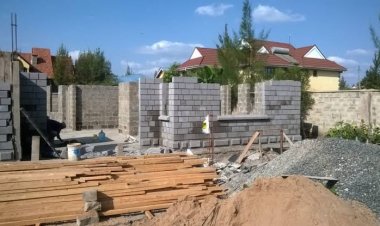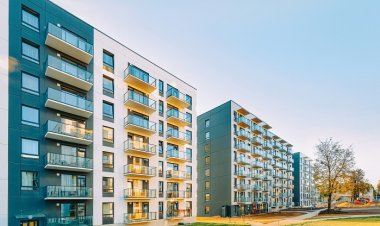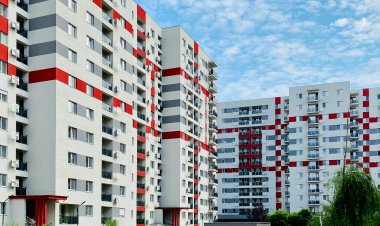Magufuli’s Gov't Failed to Provide Adequate Housing For Its Rapidly Growing Population

Tanzania is an East African country that borders the Indian Ocean. Tanzania’s population was estimated to be 58 million in 2019 with 34.5percent of the population living in urban areas and 65,5 percent of the population living in rural areas. Over 60 percent of the population living in urban areas live in informal settlements which are mostly related to people under poverty. The areas are often associated with poor basic amenities.
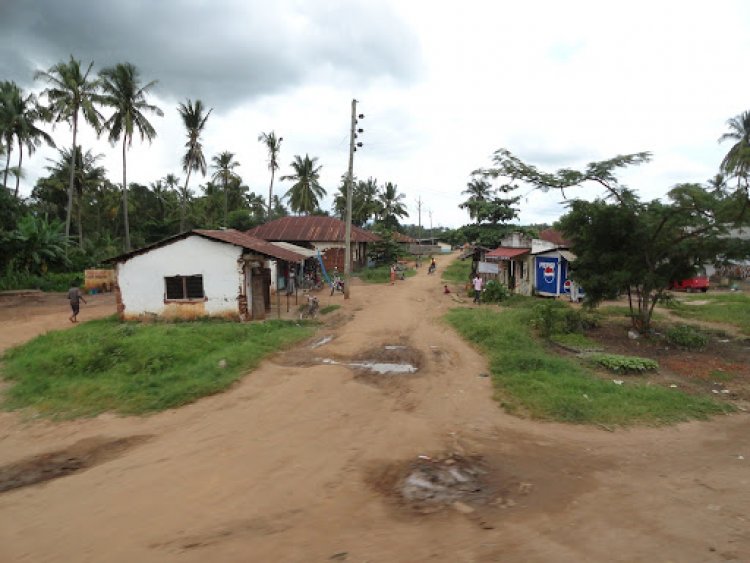
Tanzania has a population growth of 2.95 percent and urbanization is approximated to be 5 percent. This is a clear measure that the Tanzanian government was putting up strategies to eradicate poverty by controlling the rapid growth of population maximizing development projects.
Out of 58 million people, forty-seven percent of the population is approximated to be living to blow the standard national poverty. Due to the rapid growth of urban centers, Tanzania will continue to have pressure on meeting the need to adequately provide affordable housing.
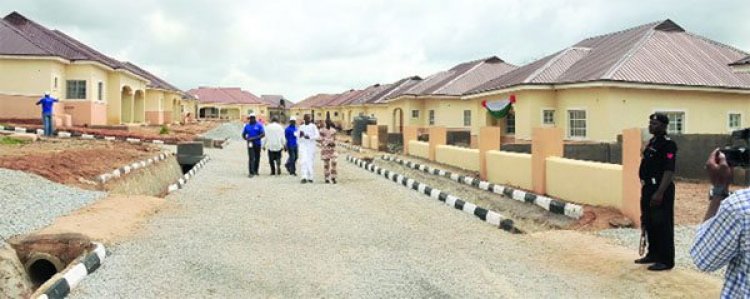
The majority of people in Tanzania are reported to be renting places of residence. The price of a newly built one-bedroom house in Tanzania is Tsh180 million (US$7800), only 2.7% of the urban population can afford the cheapest newly build a one-bedroom house. Poverty has dominated the private sector.
The Tanzanian government is busy generating houses through the National Housing Cooperation (NHC) or Tanzania Building Agency (TBA) for proving social housing which is a great risk to private sectors. The number of housing projects completed by NHU in 2019 was approximately 1459 which is inadequate compared rising population in Tanzania.
There is a high demand for housing and commercial properties in rural and urban areas in Tanzania. This has been caused by the rapid growth of population and economic projects hence the shortage of housing. Tanzania is still considered a gold mine by investors dues to opportunities available. The opportunities included the development and management of housing estates, residential apartments, office buildings, shopping malls, hotels, conference and banquet facilities.









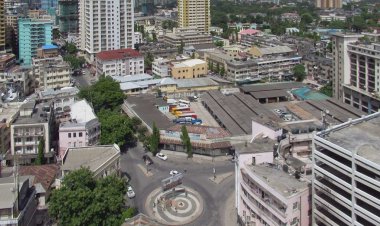
![4 Indigenous Tribes Living in Huts in East Africa [PHOTOS]](https://realestateblogpost.com/uploads/images/2023/06/image_380x226_6482dd8b5c94a.jpg)


